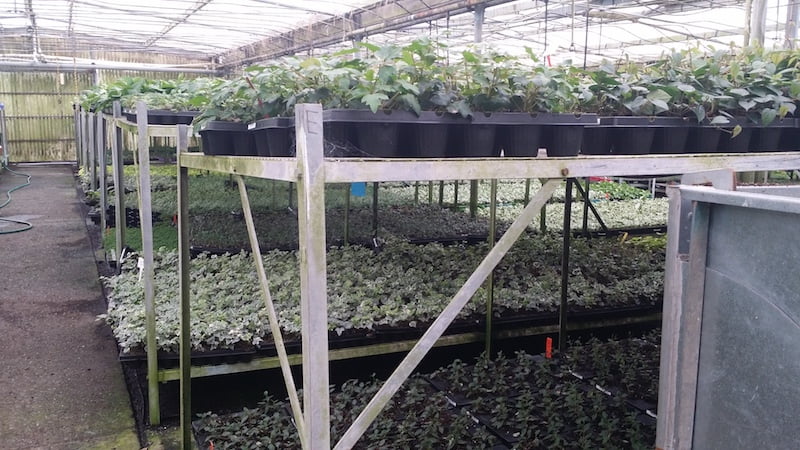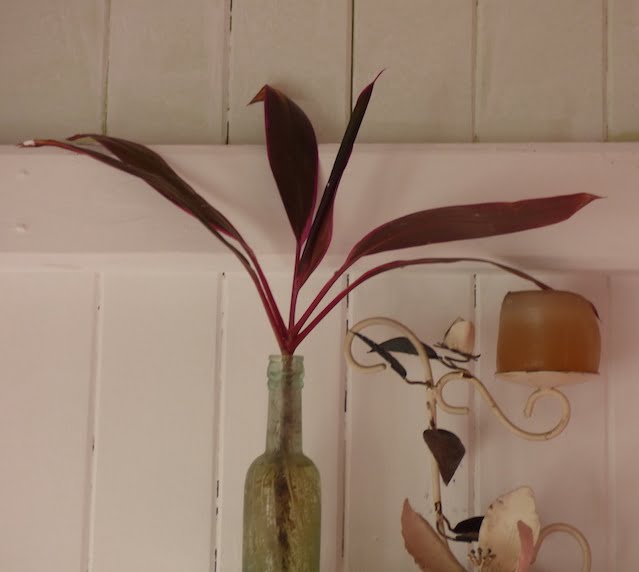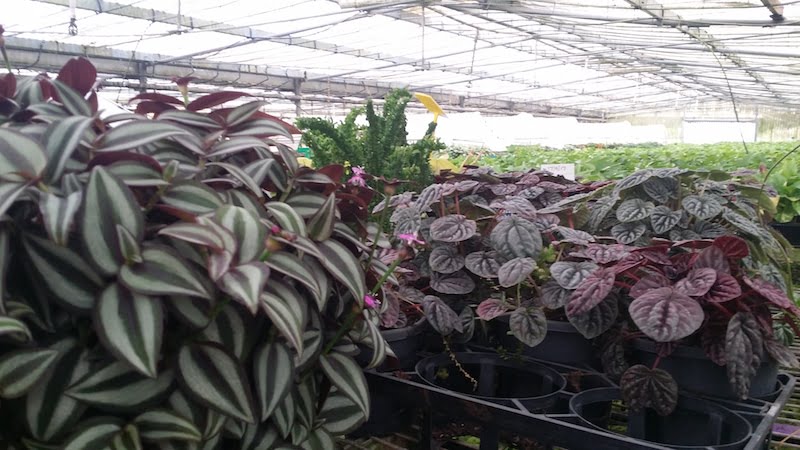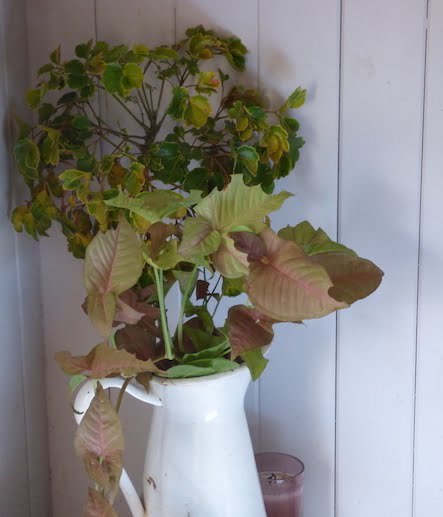What has the world come to that we are reducing everything to a series of words pre-empted by a hash tag? #gardening #pot plants #indoors #foliage . Whatever the less social media savvy might think, social media is very much part of the modern world. It’s here to stay and is influencing and shaping modern gardening in a positive way.
Gardening has gone through many fashions and phases. One of the most damaging was the move away from the good old fashioned backyard into high density living. Most city dwellers these days, if they do have any sort of yard, it is small and awkward to garden. Add to this that the current generation of 20 somethings may not have grown up gardening, and we have a gap in the gardening spirit of young people. Developers are not allowing for garden space as they simply have no expectation that the buyers of the properties they develop will have any interest in gardening.

Nurseries are focusing on supplying indoor plants
The 20-somethings, who may not have a family of gardeners behind them to show them the way, do what young people do best – turn to social media. In this modern snapshot world, a single well-crafted picture of a plant can do more to influence a generation of gardeners than anything I write. And this is exactly what is happening on Instagram. It is a social media platform which is based almost entirely on images. It may not have much information to share about how to garden, but it has perfect pictures galore which are working to inspire a generation back to gardening.
This is gardening that’s very much instant – and focused on indoor plants. The inspiration is in a single picture – a single indoor pot plant can now be an internet star. It has led to a return of the seventies indoor plant craze. The old pothos in the bottle is back!

#indoor foliage
It has also given rise to a new term – the “Instagardener”. I first heard this term on tour of a mass plant production facility at Pohlmans nursery. The nursery is famous for its potted colour, but is responding to this new client with a HUGE focus on indoor plants. Despite their mass production techniques, the Instagardener is currently so big a trend that nurseries are struggling to keep up with demand for indoor plants.
Trendy mini-nurseries are popping up, which are catering to this new market. Mother-in-law’s tongue is now selling like hotcakes, at surprising prices. Andrea Davine is co-owner and manager of one such mini-nursery – All the Green Things in Brisbane, and has just opened her second shop, The Plant Lounge. Her businesses are real shops, but they are huge Instagram success stories. Within four months All the Green Things achieved a following of almost 10,000. Andrea posts pictures on Instagram of what has just come in and clients flock to buy them. She stocks and sells heaps of all the old fashioned favourites but is finding her clientele (mostly aged are under 30) are fast becoming complete indoor plant fanatics. They cannot get enough plants for their indoor lifestyles, creating their own urban jungles through styling with indoor plants. A few clever photos posted to social media and the craze spreads like wildfire.

On-trend indoor plants
I too have caught the craze and am filling my house with plants in pots or bottles of water. I am doing it the old fashioned way though – by propagating plants from my own garden.
This may seem like it is only play gardening, but through play comes real life skills. If this is what it takes to make a generation fall in love with plants, then it has my full support. We old fashioned gardeners know full well where a love of plants can lead – and it seems to be working with the demand not just for indoor plants but for rare varieties increasing rapidly. Andrea is now finding she is expanding into edibles for balconies. Again it is all for indoor apartment living, but people are wanting the experience, however small of tasting home grown food.

Catch the craze and decorate with plants indoors
This can only be positive. The 20-somethings are perhaps more connected and grounded than we give them credit for. Or perhaps it is just that the true human condition requires a connection to plants and a love of gardening is impossible to breed out.
